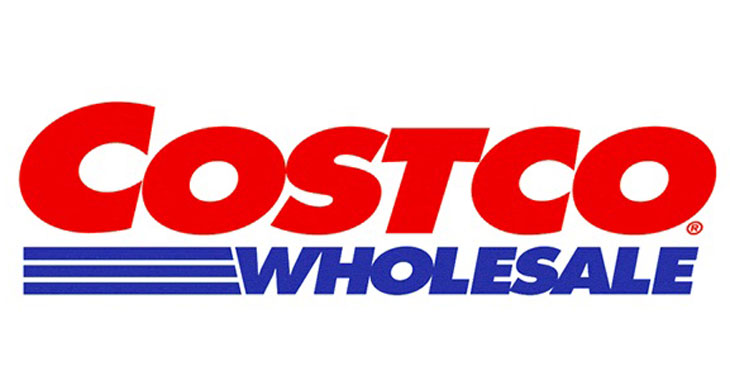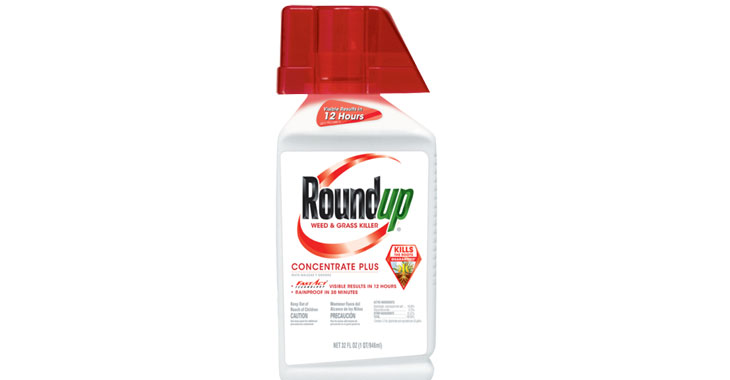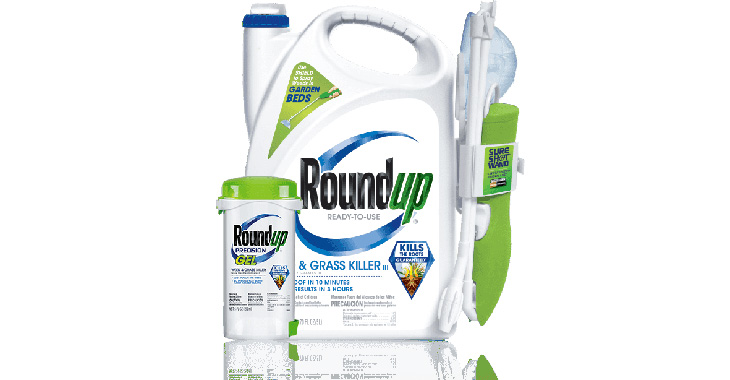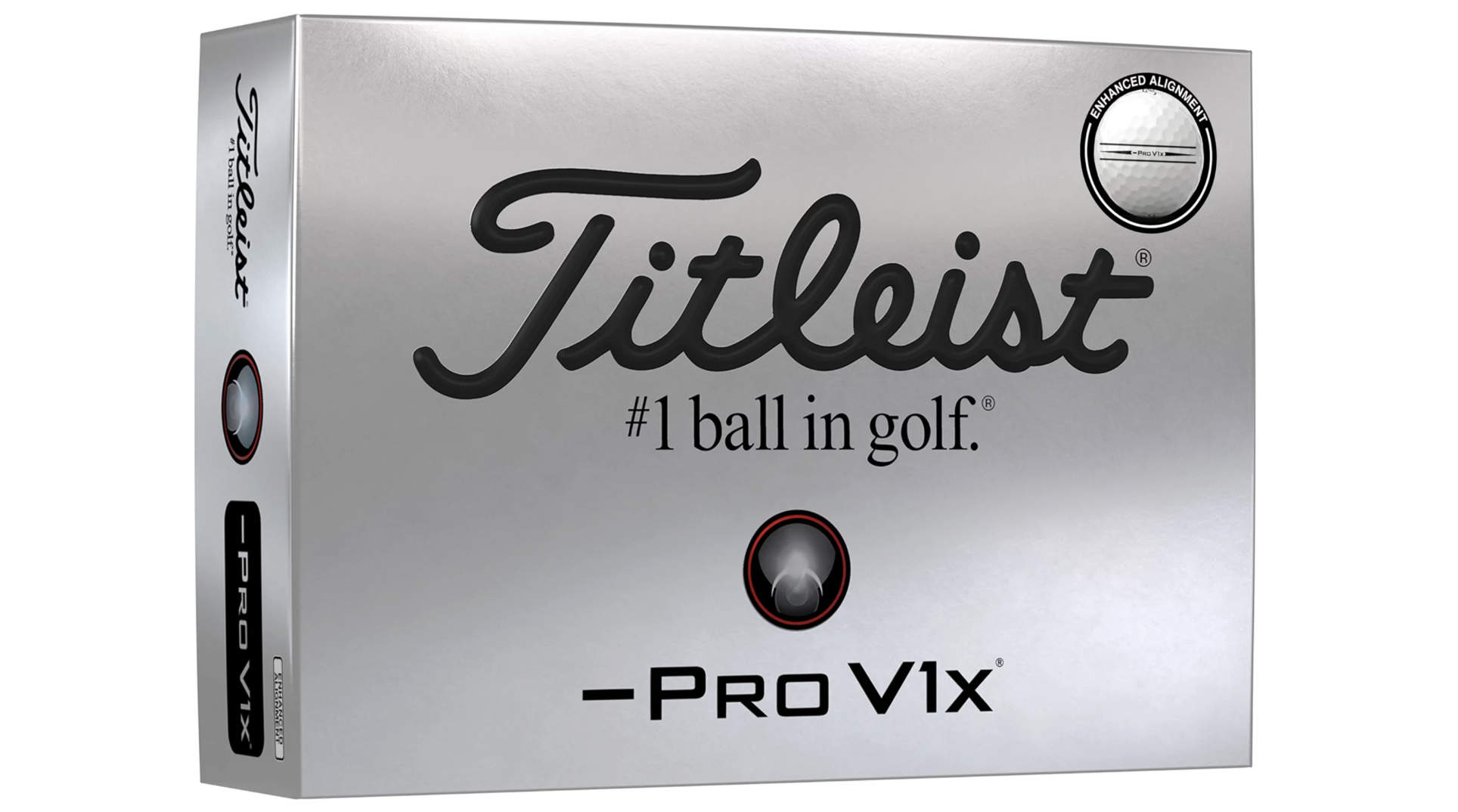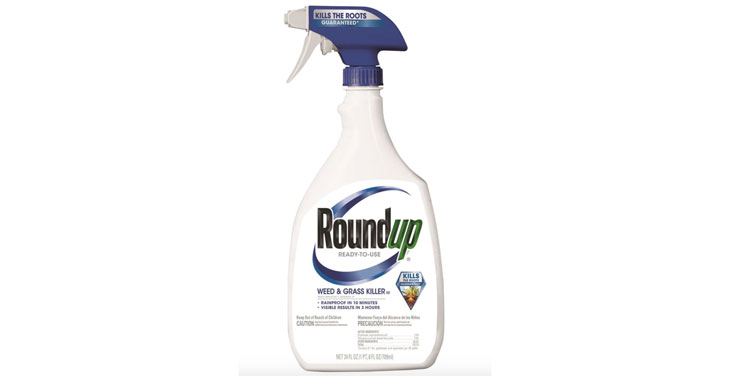
Roundup Weed & Grass Killer Products
Allegations: Falsely representing that the active ingredient “targets an enzyme found in plants but not people or pets”
August 2019: The Eight Circuit Court of Appeals affirmed the district court’s decision to approve the settlement.
June 2018: Two objectors (Migliaccio and Sweeney) filed Notices of Appeal regarding the decision to approve the settlement.
May 2018: A federal judge granted final approval of the settlement agreement.
December 2017: A federal judge granted preliminary approval of a nationwide class settlement agreement that would resolve this case along with Martin v. Monsanto. According to the settlement terms, class members may get a refund ranging from $11 to $53 for each Concentrate product purchased. In addition, the company agreed to change the labels of Concentrates to clarify dilution rates and mixing instructions. A final fairness hearing is scheduled for April 17, 2018. To learn more, go to https://www.roundupconcentratesettlement.com/Index.
April 2017: A class-action lawsuit was filed against Monsanto Company for allegedly deceptively marketing Roundup Grass & Weed Killer concentrate products as making a specific number of gallons of Roundup when the containers actually make approximately 40%-50% less than the advertised amount. For example, according to the complaint, the 32 oz. container of Roundup Concentrate Plus is advertised as making 10 gallons of Roundup when it only makes 5 1/3 gallons. (Rawa et al v. Monsanto Company, Case No. 17-cv-1252, E.D. Mo.)
For more information about other class-action lawsuits filed against Monsanto Company and TINA.org’s coverage of the company, click here.
Allegations: Falsely representing that the active ingredient “targets an enzyme found in plants but not people or pets”
Allegations: Failing to warn consumers of the health risks associated with using the product due to its active ingredient
Allegations: Failing to warn consumers that ingredients may cause cancer
Allegations: Failing to warn consumers of the health risks associated with using the product due to its active ingredient (glyphosate)
Lawsuit accuses company of duping consumers into buying “unwanted” golf balls.
Will you really make thousands of dollars a month as a home baker?
Unboxing this meal kit company’s enticing offer.
Sarah Todd, Stat News
TINA.org finds more of the same – and then some – from retail giant.

